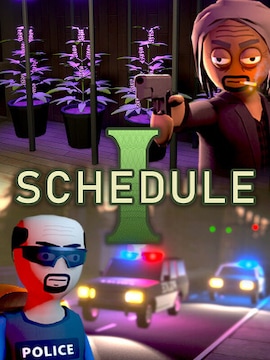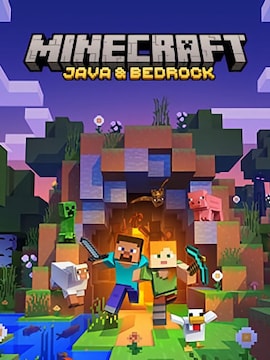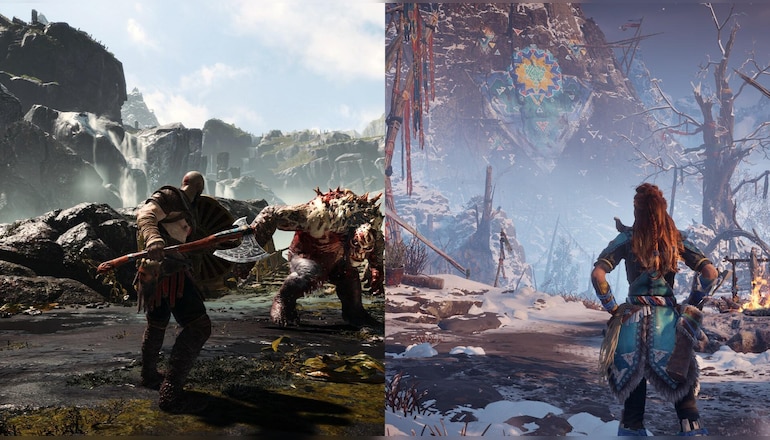The idea of enjoying formerly console-exclusive titles on a PC has become increasingly appealing to a broad audience of gamers. Over the past several years, developers and publishers have recognized the demand for expanded accessibility, prompting them to adapt numerous well-loved games from consoles to computers.
In this article, we will delve into the intricacies of these ports, examining how they perform, what improvements (or occasional drawbacks) they introduce, and how the community generally receives them. Our aim is to provide an objective, in-depth summary, while maintaining a moderate tone even in the face of any stumbling blocks encountered during porting.
Despite the natural excitement that arises when a beloved console franchise is made available on PC, the overall quality of these ports can sometimes spark vigorous debate. With a balanced approach, we will look at various well-known titles and investigate why certain ports shine, while others face some hurdles. For readers interested in simulation games—particularly those with robust design and realism—there will also be a brief mention of how to access such titles at the end.
Why port games from consoles to PC?
When we consider the shift from console exclusivity to cross-platform availability, various strategic motives come to light. Studios aspire to reach new markets and broaden their player base, which is why even previously exclusive games have been making their way to PC. In doing so, publishers tap into an audience of gamers who prioritize high-end hardware customization, variable framerate, and a range of graphical options that consoles might not always match.
Furthermore, many PC users appreciate the flexibility of peripheral choices, including keyboard and mouse setups. Such preferences can significantly alter the gameplay experience, especially in genres where swift targeting or intricate camera management are crucial. These advantages help justify the extra effort required to adapt a console game’s code and systems for the myriad PC configurations out there.
Still, this process brings about challenges—chief among them is ensuring that performance remains stable across multiple hardware setups, an issue that does not exist (at least not at the same scale) on a single console platform. Developers often must modify graphics engines and fix memory allocation problems, all while preserving the game’s identity and narrative experience.
Key factors influencing port quality
- Performance optimization
Achieving smooth performance on PC can be more complicated than on consoles. Since PC hardware is so diverse, developers need to spend extra time and resources on optimization. Frame pacing, stutter, and inconsistent framerates might appear if the port’s performance layer is not carefully tuned. Even relatively minor discrepancies in code architecture can yield noticeable dips in frames per second. - Graphics scalability
One of the reasons PC gamers welcome ports is the possibility of pushing visual fidelity beyond console limits. From higher-resolution textures to unlocked framerates, the graphical enhancements can be a significant draw. When done properly, this allows for advanced lighting techniques, sharper textures, and more fluid motion. On the other hand, if insufficient care goes into rewriting or scaling the engine, players might see unexpected visual artifacts or glitchy post-processing effects. - Control schemes
Transitioning from a controller-oriented interface to a keyboard-and-mouse setup (and vice versa) is rarely a trivial matter. Titles that rely heavily on analog inputs—like stealth adventures, third-person action games, or platformers—must be tested extensively to ensure comfortable key binding layouts. Occasionally, a game can exhibit stiff or less responsive controls if the port was rushed or not thoroughly tested across various input methods. - Additional features or content
Some ports arrive accompanied by extra content, such as new difficulty modes, bonus story sections, or DLC expansions. These additions can encourage both series veterans and new players alike to try the PC version. However, if content is poorly integrated or introduced without appropriate polish, it might disrupt the balance or pacing that made the original console release so compelling.
Notable examples of console-to-PC ports
Over the years, many titles that once resided strictly on consoles eventually ventured into the PC realm. Below are some that have garnered significant attention:
- Horizon Zero Dawn: Originally a PlayStation 4 exclusive, this futuristic action RPG delivered a beautiful open world featuring mechanical creatures. The PC port added enhanced graphical settings and unlocked framerates. Although early adopters noted some technical hiccups like occasional crashes, subsequent patches refined its stability.
- God of War (2018): Another PlayStation hit, known for its rich narrative and fluid combat system, found renewed life on PC with improved visual fidelity, wide screen support, and multiple performance settings. Overall, it emerged as a solid port that introduced Kratos’s story to an even wider gaming community.
- Monster Hunter: World: Capcom’s monster-slaying phenomenon quickly earned acclaim on consoles, and when it made its way to PC, it offered the same addictive loops along with better framerates and resolution. The port, while well-received, required some updates to smooth out connectivity and texture streaming.
- Dark Souls trilogy: The Dark Souls series is renowned for its punishing difficulty and deeply immersive lore. PC players gained access to these titles through ports that sometimes underwent performance enhancements, especially through “remastered” or patched editions. Nonetheless, while the community remains largely enthusiastic about playing these iconic games on PC, a few incremental fixes were needed over time to optimize the experience.
Each of these examples underscores both the benefits and complexities involved in migrating a game from a single, uniform hardware platform to the varied configurations of home computers.
Balancing performance and visuals
One of the greatest appeals of a strong PC port is the opportunity for high-quality visuals and performance beyond what a console might offer. Some gamers invest in powerful CPUs and GPUs with the expectation of running games on ultra settings at high resolutions. This can be especially compelling for players who value aesthetic immersion, from meticulously rendered character models to environment details that shine in 4K resolution.
However, balancing advanced graphical options with broad compatibility remains an ongoing challenge. Discrepancies can emerge if a port leans heavily on specific GPU architectures or has not been sufficiently tested across multiple PC setups. Developers typically release patches to address such issues, improving performance and remedying any visual anomalies that surface post-launch. The ideal scenario is one where a port seamlessly scales up or down, delivering both impressive visuals on top-end machines and reasonable performance on budget systems.
Community reception and feedback
When console games land on PC, the community frequently acts as the ultimate arbiter of quality. With the ease of sharing feedback on platforms like Steam and Reddit, the general consensus can quickly become quite visible.
- Positive reception typically revolves around how faithful the port is to the original design, any extra content introduced, and the improved graphical or performance settings.
- Constructive criticism often centers on stability, load times, stuttering, or less-than-optimal keybinding layouts. While these issues can generate lively discussion, developers who respond with prompt updates and transparent communication frequently maintain the goodwill of the player base.
Careful analysis of community threads and professional reviews reveals that even if a port initially encounters minor hurdles, dedicated patching and open dialogue can significantly bolster its standing in the eyes of fans.
Prospects for future releases
As cross-platform development becomes more prevalent, studios appear increasingly committed to delivering polished PC versions. By leveraging game engines like Unreal Engine or in-house solutions with modular architectures, the gap between console and PC releases is rapidly narrowing. The push toward simultaneous or near-simultaneous releases strengthens the impression that developers recognize the PC market’s vitality.
Moreover, emerging trends in cloud gaming and streaming services present further opportunities for cross-platform integration, meaning we might see more console exclusives coming to PC in the future. This evolution allows more gamers to discover experiences initially designed for console hardware, bridging gaps and expanding communities around particular franchises.
Conclusion
Console-to-PC ports, when executed thoughtfully, grant a significant portion of the gaming community access to beloved titles they might otherwise miss. Such expansions are not without obstacles: developers must navigate hardware variability, adopt new control schemes, and account for community expectations. Yet, the upsides are plentiful—enhanced performance, improved visuals, and even additional features enrich the experience for returning veterans and newcomers alike.
The continued evolution of porting processes and an ever more connected global gaming scene suggest a future in which former console-only projects arrive on PC more smoothly than ever before. And though minor setbacks may occur, studios are increasingly responsive to feedback, using patches to refine performance and patch up any rough edges. The end result: a vibrant, more inclusive ecosystem where the line between console and PC gaming continually dissolves.
If you are interested in exploring these and other notable console-to-PC releases, you can find and purchase them here. Whether you’re drawn to open-world adventures, tactical role-playing epics, or pulse-pounding action titles, the growing library of formerly console-exclusive gems offers something for virtually every taste.




















